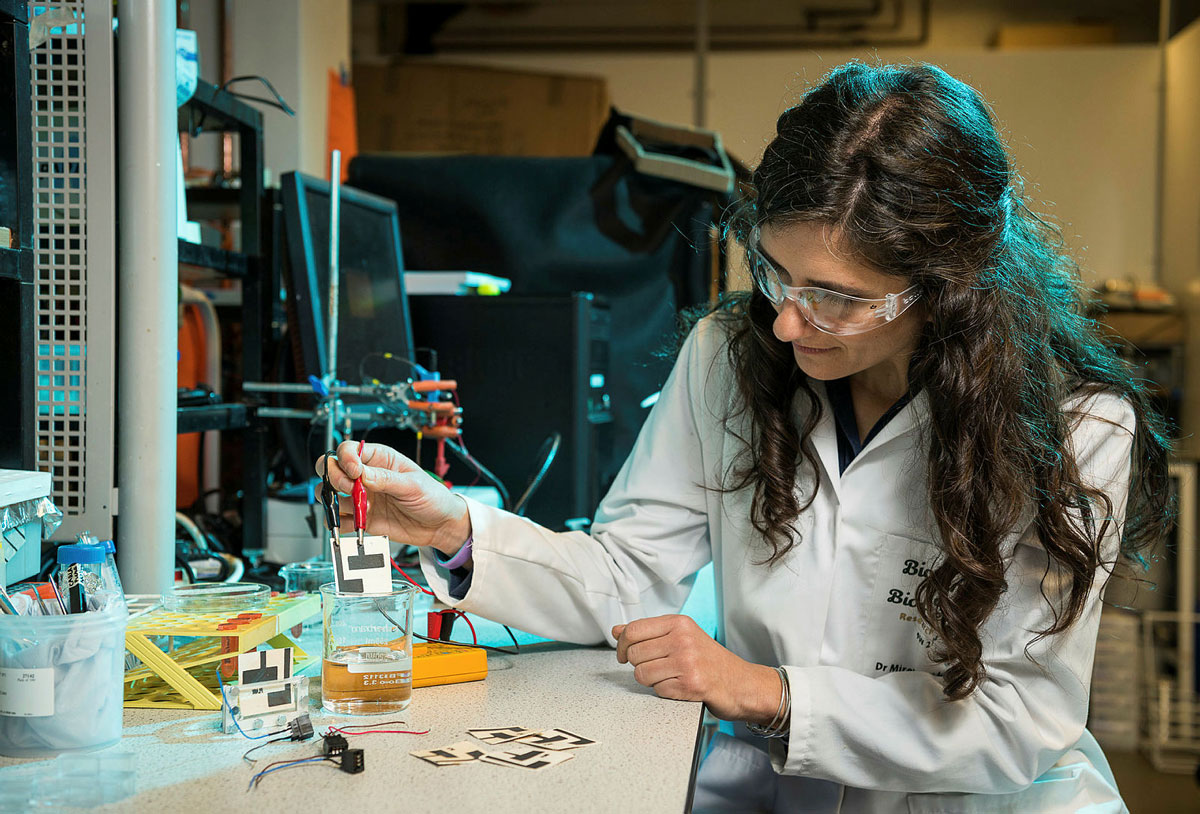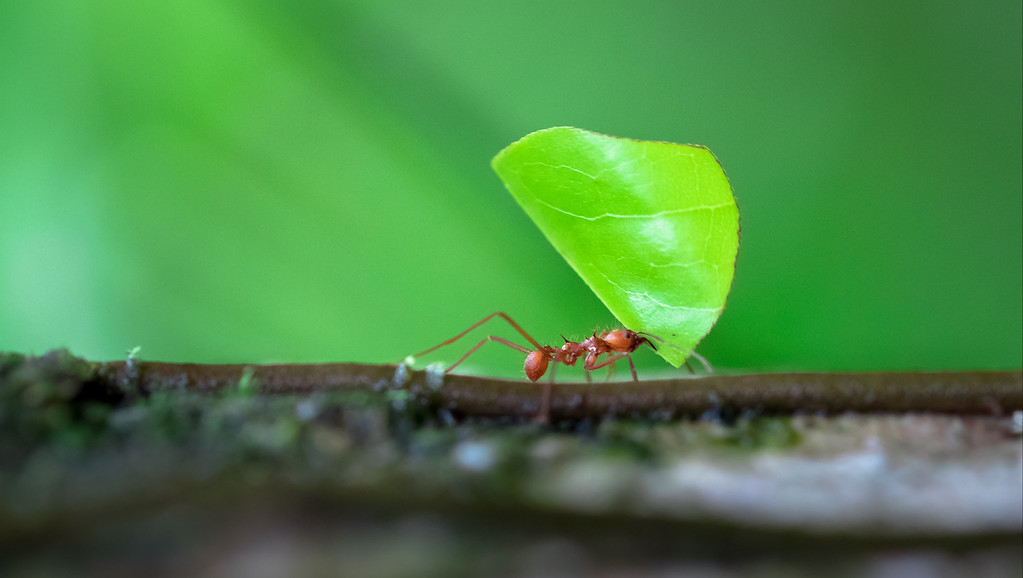
Just a small piece of paper can make water consumption safer
A revolutionary microbial-based paper sensor has been developed by researchers at the CSCT, creating a cheap, sustainable and recyclable device for detecting toxic compounds in water.
Access to safe drinking water is one of the UN’s Sustainable Development Goals, since it is a basic human right and is crucial to combating inequalities and reducing poverty. This right is yet to be achieved in the world’s poorest countries, and one of the reasons for this is the lack of easily deployable and affordable water testing tools.
An interdisciplinary team of researchers from the University of Bath’s Water Innovation & Research Centre (WIRC @ Bath) and the CSCT, has published new findings reporting the proof of concept for a device, which in the near future, could supply some of the world’s poorest countries with a low cost, simple and rapid way of testing a water supply.
Inspired by the simplicity of litmus paper – commonly used for the rapid assessment of acidity in water – this innovative technology consists of a microbial fuel cell (MFC), obtained by screen printing biodegradable carbon electrodes onto a single piece of paper.
We are now investigating how to link up the sensor with an electronic device such as a mobile phone, via a wireless transmitter, for a quick and user-friendly way of identifying if a water supply is safe to use.
The article ‘A screen-printed microbial fuel cell biosensor for detection of toxic compounds in water’ is published in the Biosensors and Bioelectronics Journal and can be fully accessed athttps://www.sciencedirect.com/science/article/pii/S0956566317307364







